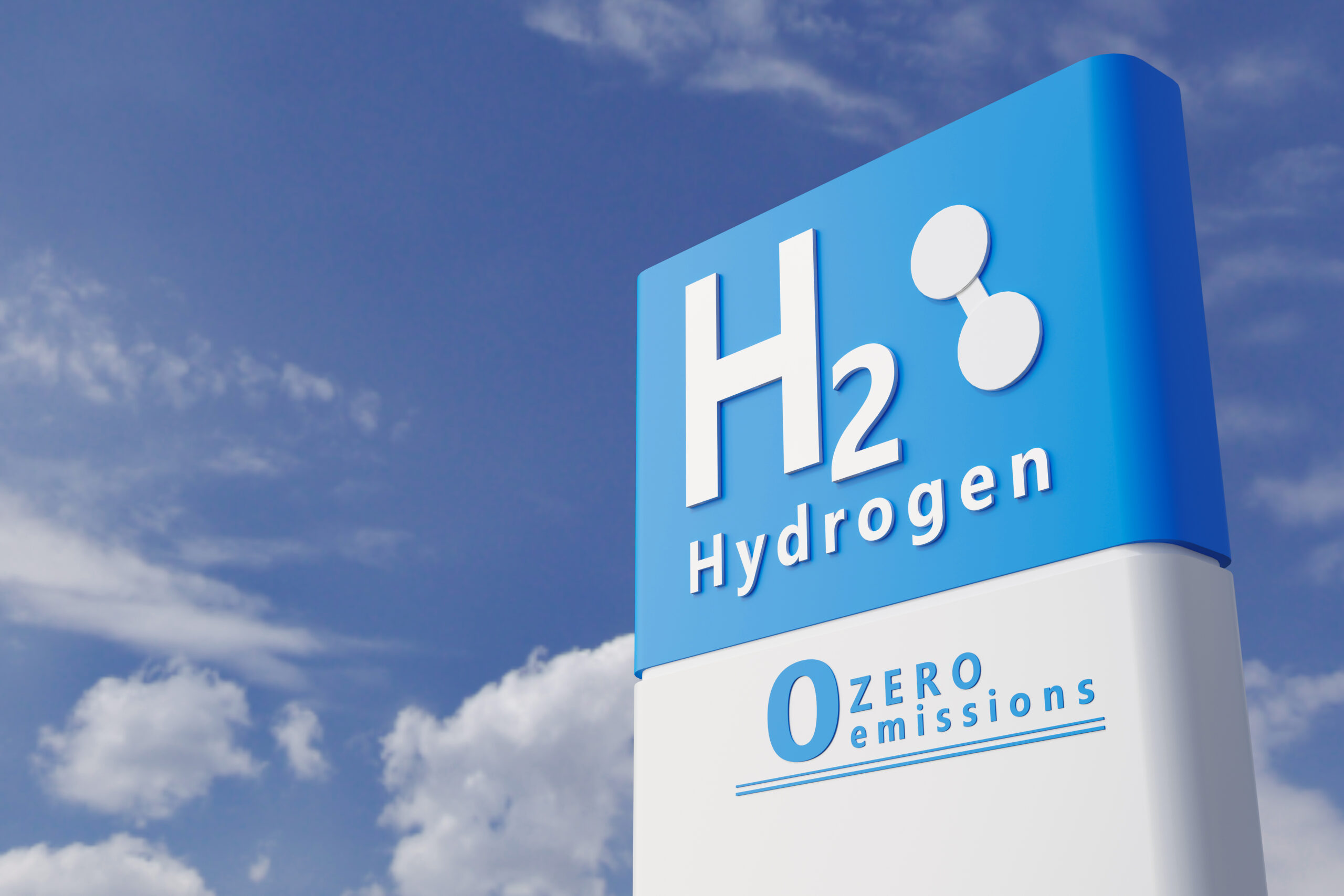As the project’s industrial partner, the SEGULA Technologies engineering group is responsible for the design and installation of the test facility, the integration of the cell and diagnostic tools, the development of test protocols and the validation of measurement results.
If the electricity used to produce it comes from renewable sources, hydrogen can be used as a CO2-neutral and competitive source of energy by industry, transport, businesses and households. However, its production requires an efficient, durable and reliable electrolyser.
With the Canadian-German project “Development of models to increase the efficiency of electrolysers” (3 + 2 Hyer), funded by the German Federal Ministry of Education and Research, international partners are developing new hardware and software solutions with the aim of reducing the costs of electrolysers during their production and operating phases.
The project team is working on a diagnostic model supported by artificial intelligence aimed at calculating the lifetime of an electrolyser and its performance under dynamic conditions
in order to provide an optimised technical and economic operating strategy.
This model will improve the performance, lifetime and reliability of the electrolyser.
To develop this model, SEGULA Technologies is designing a customised test bench with the corresponding infrastructure.
The National Research Council of Canada (NRC) and the Institut de recherche sur l’hydrogène (IRH) of the Université du Québec à Trois-Rivières will develop the cell, while
Pulsenics Inc, a Toronto-based start-up, will develop the cell’s electrochemical characterisation tool.
SEGULA Technologies is not only testing the stack under different operating conditions to obtain real data on the ageing process at different power levels, but is also optimising the electrolyser’s operating strategy with the help of its scientific partner, the Centre for Energy Technology (ZET) at the University of Bayreuth.
Based on the data collected, a digital twin will then be developed and optimised at the University of Victoria’s Institute for Integrated Energy Systems and at the NRC.

 FOR A BETTER EXPERIENCE
FOR A BETTER EXPERIENCE